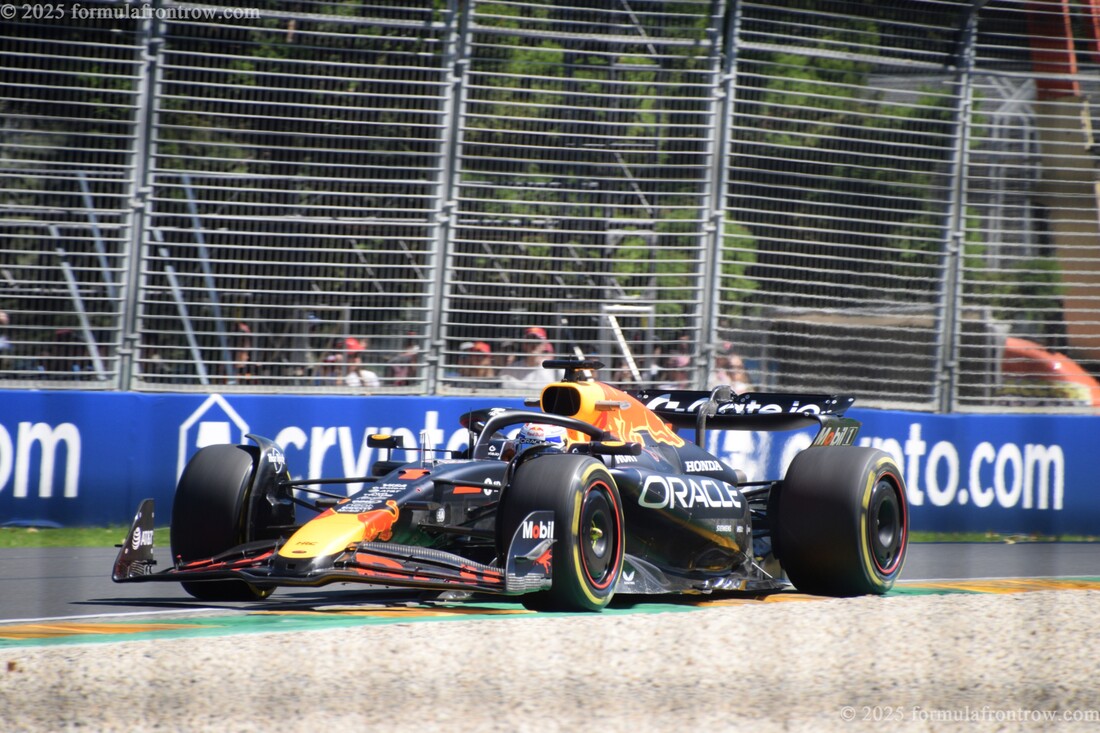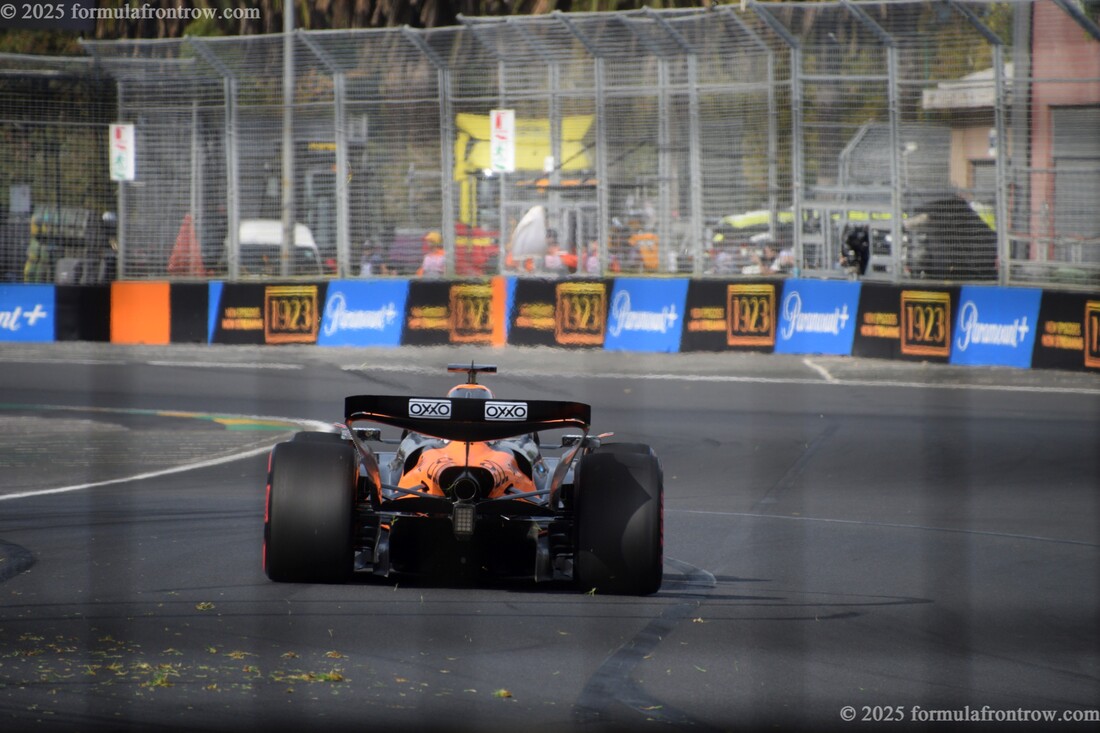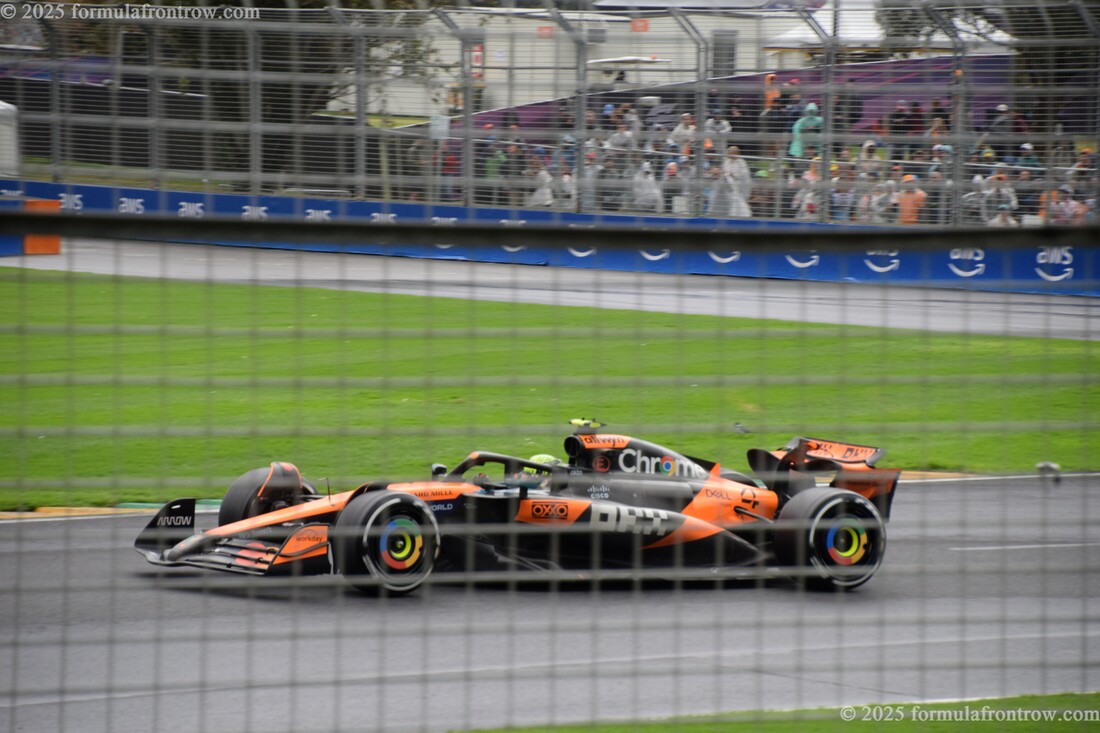 Nico Rosberg, Mercedes. (C) Nico Rosberg, Mercedes. (C) The 2014 Australian Formula One Grand Prix has been run and won, with Mercedes' Nico Rosberg cruising to an emphatic victory followed home by Red Bull's local hero Daniel Ricciardo and McLaren rookie Kevin Magnussen. Not two hours since the chequered flag dropped however, than the bubble burst for Ricciardo, Red Bull and every Aussie who painstakingly rode every lap with them, as the stewards announced that the fuel flow rate had been exceeded, and thus Ricciardo disqualified. Ouch! No doubt all Aussie fans hope that Red Bull's appeal will be upheld, or at the very least, since Ricciardo himself has already been absolved from any wrong doing, be allowed to keep his points. Fingers crossed. The much publicised technical changes which require 2014-spec F1 cars to adopt 1.6litre V6 turbo powertrains with extensive Energy Recovery Systems (ERS) have resulted in a vastly different engine note, and have left some fans pining for the sound of the high-revving, screaming 2.4litre V8's of previous years. For some punters, the very essence of F1 is the timbre combined with the intensity of the sound these intricate machines produce. But is there a bigger picture that needs discussion? In the larger scheme of things, is the sound really that important? F1 has often been criticised for not being relevant to road car manufacturing, whilst not placing enough importance on their environmental impact. In recent years road car manufacturing has been delving into the world of hybrid technology, whilst F1 has persisted with normally-aspirated engines. Now, with F1 embracing hybrids and therefore the best automotive brains developing the technology, expect the level of efficiency and performance to increase exponentially, which will filter down to road car manufacturing. Remember traction control, launch control, active suspension, carbon fibre? All pioneered by F1 and prevalent in road car manufacturing today. F1 has also in recent years incorporated bio-fuels into the mix. Now in 2014 with ERS providing a third of their power, F1 cars are carrying a third less fuel to cover the same race distance. You don't have to be mathematician to understand this, just like you don't need to be an environmentalist to know that this is a step in the right direction with emissions greatly reduced. Who's to bet against F1 pioneering full electric cars in the future? There'd be next to no engine sound then. So what's in a sound? Are some fans awarding too much emphasis on the "old" F1 sound? Do F1's new leaner, more efficient powertrains with reduced emissions condone rendering the traditional F1 sound the scapegoat for progress? Send formulafrontrow.com your opinions and views via email at: [email protected] or simply leave a comment. Besides, wasn't it nice to hear racing nuances we don't normally get to experience? Tyre squeal, throttle blips, brake lock-ups, the high frequency whooshing of the turbo, clear radio comms and trackside commentary, or the amazing cheering Melbourne crowd going ballistic when D. Ricc. brought the Albert Park house down? Malaysia's next. Let's go....
0 Comments
Your comment will be posted after it is approved.
Leave a Reply. |
Categories
All
Archives
September 2025
|



